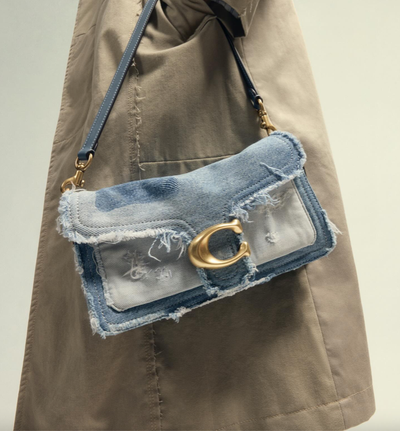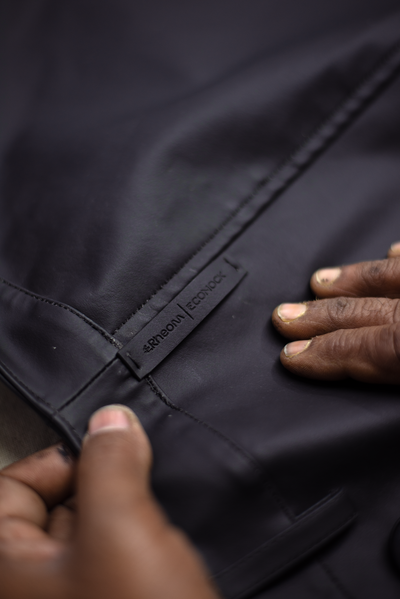Fashion for Good, the global platform driving sustainable innovation in the fashion industry, has launched a groundbreaking project to address the sector’s dependence on fossil-fuel-derived polymers. Collaborating with leading brands such as Bestseller and On, the Feedstock Assessment for Biosynthetic Innovation project seeks to explore sustainable alternatives to virgin fossil-fuel materials.
In partnership with the nova-Institute, a research organisation renowned for its expertise in industrial sustainability, the initiative aims to assess the potential of bio-based and CO2-based feedstocks for producing polymers. This comprehensive study will provide insights into alternative feedstock production methods and their scalability, laying the groundwork for industry-wide adoption.
The fashion industry heavily relies on virgin fossil-fuel-derived polymers, such as polyethylene terephthalate (PET), polyamide (PA), ethylene-vinyl acetate (EVA), and elastane. These materials dominate synthetic fibre production due to their versatility and durability. According to the Textile Exchange’s 2023 Materials Market Report, polyester alone accounted for 57% of global fibre production, highlighting the pervasive reliance on these materials despite their detrimental environmental impacts.
Fossil-fuel-based polymers are a major contributor to greenhouse gas emissions, biodiversity loss, and pollution, exacerbating the global climate crisis. The pressing need to transition to renewable and less environmentally damaging materials has prompted Fashion for Good’s latest initiative.
“Transforming the industry’s dependence on fossil fuels requires bold innovation and collaboration,” said a spokesperson for Fashion for Good. This initiative aims to tackle the challenges of scaling biosynthetics by providing clear data and pathways for adoption.
Biosynthetic polymers, made from bio-based or recycled carbon feedstocks, offer a promising alternative to traditional materials. These materials not only aim to match the performance of their conventional counterparts but also promise to significantly reduce the environmental impact of fibre production.
Despite their potential, biosynthetics face hurdles such as limited commercial availability and questions about their technical and environmental feasibility. Fashion for Good’s partnership with nova-Institute will aim to bridge this gap by delivering robust assessments of these materials, enabling informed decisions by brands and manufacturers.
The project reflects an increasing commitment within the fashion industry to invest in sustainable innovations. Initiatives like this are essential as brands seek to align their operations with global sustainability goals, including reducing greenhouse gas emissions and moving towards a circular economy.
Fashion for Good has a history of fostering impactful collaborations, and this initiative adds to its portfolio of projects aimed at transforming the industry’s material base. By identifying viable biosynthetic alternatives, the project could set a precedent for large-scale adoption, furthering the industry’s shift away from non-renewable resources.
As the fashion industry reckons with its environmental footprint, initiatives like the Feedstock Assessment for Biosynthetic Innovation highlight the urgency of sustainable transformation. By addressing the barriers to biosynthetic material adoption, Fashion for Good and its collaborators aim to pave the way for a greener future for fashion, one fibre at a time.







